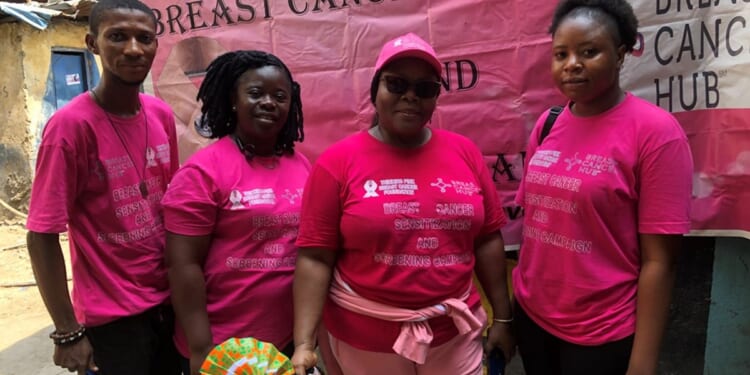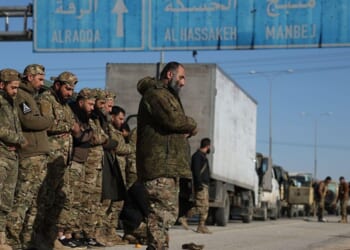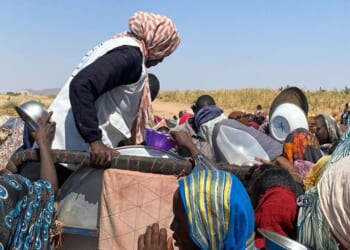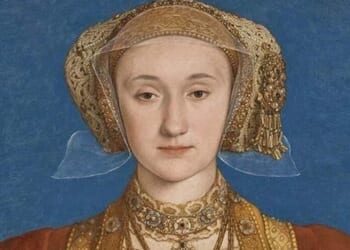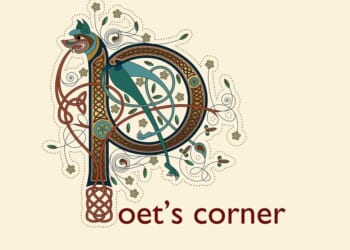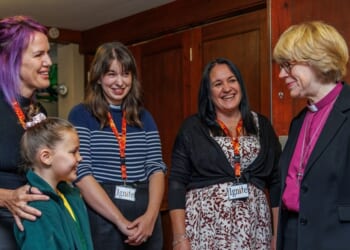WHEN John Clarkson was Governor of Sierra Leone in the late 18th century, he named a waterfront settlement in the centre of the country’s capital after his fiancée, Susan Lee. It was a lovely gesture then, but nothing about Susan’s Bay today gives the average Sierra Leonean any romantic feelings. The community that lives there is one of the country’s most deprived, devastated by poverty and drugs. For decades, the area has had a reputation for being a pick-up area for sex workers.
A dizzyingly steep set of concrete steps connects Susan’s Bay to East End, Freetown, and gives it the nickname by which most Sierra Leoneans know it: “Long Step”. “These steps remind me of the Great Wall of China,” says the woman in the pink T-shirt and matching baseball cap who walks beside me as I carefully make my way down in 30°C heat. Her name is Cremelda Parkinson-Pratt, the CEO and founder of the Thinking Pink Breast Cancer Foundation.
Mrs Parkinson-Pratt and her team have set up shop here today to offer free screenings to women who live and/or work locally. In a country that has only three oncologists (two surgical and one medical) serving a population of 8.5 million, Thinking Pink’s work is vital to communities like this one.
“We really appreciate what Thinking Pink are doing,” says Bintah Bah, who chairs the Susan’s Bay community, and is waiting to greet us as we hit the last of the steps. “Within this community, we have several women with breast issues. But we didn’t know that until Thinking Pink came here.
“This isn’t the first time they’ve been here. In fact, it’s the third. The first time they came, they helped some of our women get scans and even operations for free. So, of course, when they asked if they could come again, I welcomed them with open arms. Breast cancer is not an easy thing to deal with, and it was something most of the residents here knew nothing about. That’s changed now.”
“When you compare what the West has with what we’re experiencing here, the disparity is just too wide,” Mrs Parkinson-Pratt says. “The health infrastructure here is very weak, especially with regard to cancer. To date, we don’t have any radiotherapy here, and we only started chemotherapy not too long ago. So, we go to schools, to marketplaces, and to churches; we make television and radio programmes. We want women to be aware, and it’s difficult. But we cannot keep quiet.”
WOMEN come in a steady stream into the community centre that Thinking Pink have taken over for the day. The first person they meet is Jannet Kanu, Thinking Pink’s admin assistant, who takes down their details and asks a few questions about their health. Ms Kanu is herself a breast-cancer survivor and a beneficiary of Thinking Pink’s work.
“Five years ago, I came to see Thinking Pink, and a lump was discovered on my chest,” Ms Kanu recalls. “I didn’t have any money, and Thinking Pink arranged for me to have the lump removed for free. After that, I joined them as a volunteer. It was my way of giving back to them for the kindness they’d shown me. I’m now a full member of staff.”
“We believe that we can’t just come to a community, raise the awareness, and then turn our backs,” Mrs Parkinson-Pratt says. “It’s not much, but if we can help at least two people out of those we diagnose, that’s good.”
The idea for Thinking Pink first started in 2008. Mrs Parkinson-Pratt had emigrated to the United States some years before, and had a successful career in nursing. That October, she went to Sierra Leone on holiday, spending a few days in Ghana en route.
“Breast-cancer awareness was huge in Ghana,” she recalls. “Shops were painted pink; you’d switch the telly on, and there’d be programmes teaching women how to conduct their own breast examinations. It was everywhere. And then I came here, and there was nothing. Something just spoke to me and said, ‘Take this as an opportunity to help your people.’ It was difficult to give up my life in the US and come back, but I finally did in 2012.”
Mrs Parkinson-Pratt, who was raised as a Methodist, has no hesitation in attributing this to God. She consistently credits her faith as the driving force behind Thinking Pink’s work. “Whenever things got rough,” she says, “the one thing my parents would always tell us was, ‘Grow your faith. One day we won’t be here. You have to learn to talk to Jesus.’ You can only trust one source; so, whoever that source is, make sure you trust it very well. Mine is Jesus.”
In the future, she wants to build a dedicated hospital for breast-cancer patients (“something small — maybe 20 beds”). She also has plans for Rachel Brewah, Thinking Pink’s resident nurse. Before joining Thinking Pink, Ms Brewah worked for the Red Cross, administering vaccines during the pandemic, and, before that, for FOCUS 1000, a local NGO that invests in the first 1000 days of a child’s life.
Ms Brewah’s predecessor at Thinking Pink is currently the only oncology nurse working in Sierra Leone. “An opportunity arose for her to go to India for training, and now she’s in demand all over the country,” Mrs Parkinson-Pratt says. “I would like Rachel to have that opportunity, too.”
But, for now, Mrs Parkinson-Pratt’s main focus is keeping the awareness-raising going — and finding ways to keep herself motivated when the going gets tough.
“Sometimes, I get tired, and start thinking that, if I’d stayed in America, I’d be making a lot of money by now,” she admits. “That’s usually when God will send someone to nudge me and say, ‘You know what? This is for the women of Sierra Leone. They need you here.’”

